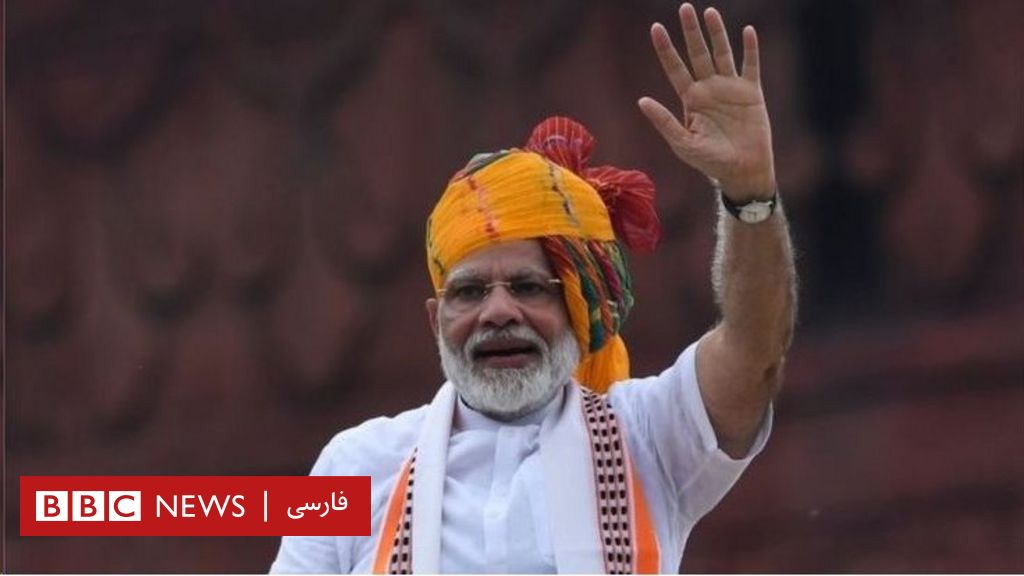Analyzing The Impact Of The Target DEI Backlash On Brand Reputation And Sales

Table of Contents
The recent backlash against Target's Pride month collection highlights the complex relationship between corporate social responsibility (CSR) initiatives, particularly those focused on diversity, equity, and inclusion (DEI), and consumer response. This article analyzes the impact of this Target DEI backlash on brand reputation and sales, examining the various factors contributing to the controversy and its potential long-term consequences for the retail giant and other companies navigating similar social issues. The Target DEI backlash serves as a case study for understanding the delicate balance between social responsibility and maintaining positive brand perception and sales.
The Nature of the Target DEI Backlash
Specific Products and Marketing
Target's Pride collection, launched in May 2023, included apparel, accessories, and home goods featuring designs from LGBTQ+ designers and brands. However, certain items, particularly those featuring overtly sexualized designs or those from brands perceived as controversial, sparked significant outrage.
- Examples of controversial items: Adult-themed clothing items, children's books with LGBTQ+ themes, and specific designs deemed inappropriate by some consumers.
- Social media reactions: The backlash was swift and intense, with numerous negative posts and comments on platforms like Twitter, Facebook, and Instagram. Hashtags like #BoycottTarget and #TargetFails trended, fueled by negative sentiments.
- Analysis of marketing messaging: Critics argued that Target's marketing campaign was insufficiently sensitive, failing to adequately address potential concerns from conservative consumers.
The Role of Social Media
Social media platforms played a crucial role in amplifying the Target DEI backlash. The rapid dissemination of images and videos of the controversial products, coupled with coordinated boycotts organized online, significantly escalated the controversy.
- Examples of viral posts and hashtags: The aforementioned #BoycottTarget and #TargetFails, along with numerous other related hashtags, quickly spread the negative message. Viral videos highlighting specific products further exacerbated the situation.
- Analysis of social media sentiment: Social listening tools revealed overwhelmingly negative sentiment towards Target during the peak of the controversy, with significant declines in positive brand mentions.
- The impact of influencer marketing: While Target likely didn't directly engage negative influencers, their absence from proactively addressing concerns left the field open for anti-Target messaging to spread through influencer networks.
The Conservative Backlash and Political Polarization
The Target DEI backlash was deeply intertwined with existing political and cultural divides. Conservative commentators and political figures actively condemned Target's Pride collection, framing it as an example of "woke capitalism" and "grooming."
- Links to political commentary: Numerous conservative news outlets and personalities heavily criticized Target's initiatives, linking them to broader concerns about LGBTQ+ rights and education.
- Analysis of the role of political figures: Several prominent conservative politicians weighed in on the controversy, further fueling the backlash and encouraging boycotts.
- Discussion of conservative media coverage: Right-leaning media outlets extensively covered the story, often framing Target’s actions in a negative and inflammatory light.
Impact on Target's Brand Reputation
Damage to Brand Image
The Target DEI backlash significantly damaged the company's brand image, particularly among conservative consumers. While some consumers supported Target's inclusive stance, a substantial portion reacted negatively.
- Changes in brand perception: Surveys and social media analysis showed a decline in positive brand perception, particularly in regions with higher concentrations of conservative voters.
- Negative media coverage analysis: The sheer volume of negative media coverage negatively impacted Target’s image, overshadowing positive news and brand initiatives.
- Decline in customer loyalty scores: Brand loyalty metrics likely showed a decrease following the controversy, indicating a potential erosion of customer trust.
Impact on Trust and Customer Relationships
The controversy eroded customer trust in Target, leading to a decline in customer loyalty and potential loss of future business.
- Loss of customers: Some consumers explicitly stated they would boycott Target, leading to a potential decrease in sales and market share.
- Decrease in brand advocacy: Fewer consumers were likely to publicly endorse or recommend Target after the backlash.
- Impact on future marketing campaigns: Target may need to revise its marketing strategies to address the concerns raised by the controversy and rebuild consumer trust.
Public Relations Response and its Effectiveness
Target's initial public relations response was criticized by many as being slow and inadequate. The company's attempts to de-escalate the situation were perceived by some as insufficient.
- Analysis of press releases: Target's press releases were analyzed for their tone, messaging, and effectiveness in addressing the concerns of different stakeholder groups.
- Social media responses: The company’s social media responses were evaluated for their ability to effectively engage with both supportive and critical consumers.
- Internal communication strategies: The effectiveness of Target’s internal communication in managing the crisis and unifying employee messaging was also a key factor.
Impact on Target's Sales and Financial Performance
Short-Term Sales Figures
The Target DEI backlash had an immediate and measurable impact on the company's sales figures. Specific product categories within the Pride collection experienced the most significant sales declines.
- Sales data comparisons (pre- and post-backlash): A comparison of sales data before and after the controversy would clearly demonstrate the financial impact of the backlash.
- Impact on overall revenue: The overall impact on Target’s total revenue requires a thorough analysis of sales data across all product categories and geographical regions.
- Stock market reaction: The stock price of Target likely experienced volatility and potential decline as a direct result of the negative publicity and consumer response.
Long-Term Financial Projections
The long-term financial impact of the Target DEI backlash is difficult to precisely predict, but it will likely include decreased profitability and decreased investor confidence.
- Predictions on future sales: Future sales projections will need to consider the potential for long-term customer loss and the company's ability to rebuild its brand reputation.
- Potential for brand recovery: Target’s capacity for brand recovery depends on several factors, including its ability to regain trust and implement effective marketing campaigns.
- Investor sentiment analysis: Analyzing investor sentiment will provide insights into the financial markets’ perception of Target’s ability to weather the controversy and restore its financial health.
The Cost of the Backlash
The Target DEI backlash incurred significant financial costs for the company, including lost sales, public relations expenses, and potential legal challenges.
- Estimate of financial losses: Quantifying the exact financial losses from lost sales, inventory write-downs, and other direct costs is essential.
- Cost of damage control efforts: The cost of crisis management, PR campaigns, and other damage control efforts needs to be included in the overall financial assessment.
- Potential lawsuits and settlements: The possibility of lawsuits or settlements related to the controversy adds another layer of potential financial burden.
Conclusion
The Target DEI backlash serves as a stark reminder of the inherent risks involved in aligning brands with socially charged issues. While supporting DEI initiatives is crucial for many businesses, the controversy highlights the need for careful consideration of marketing strategies, consumer sentiment, and potential backlash. This careful approach is paramount to protect brand reputation and ensure long-term financial stability. Companies must engage in thorough market research, anticipate potential controversies, and develop effective crisis management plans to navigate the complexities of corporate social responsibility and mitigate the risks associated with a potential Target DEI backlash-like event. Understanding the impact of the Target situation is key for any brand planning to take a stance on social issues. Conducting thorough research on your target audience and developing a robust crisis communications plan are crucial steps to mitigating potential negative impacts on your brand reputation and sales.

Featured Posts
-
 Kshmyr Ke Msyle Pr Brtanwy Wzyr Aezm Kw Pysh Ky Gyy Drkhwast
May 01, 2025
Kshmyr Ke Msyle Pr Brtanwy Wzyr Aezm Kw Pysh Ky Gyy Drkhwast
May 01, 2025 -
 Cavs Week 16 A Big Trade A Much Needed Break And Whats Next
May 01, 2025
Cavs Week 16 A Big Trade A Much Needed Break And Whats Next
May 01, 2025 -
 Pandemic Fraud Lab Owner Convicted For False Covid Test Results
May 01, 2025
Pandemic Fraud Lab Owner Convicted For False Covid Test Results
May 01, 2025 -
 Ahdaf Haland Wtrtyb Hdafy Aldwry Alinjlyzy Bed Mbarat Twtnham
May 01, 2025
Ahdaf Haland Wtrtyb Hdafy Aldwry Alinjlyzy Bed Mbarat Twtnham
May 01, 2025 -
 Nba Highlights Jarrett Allens Spectacular Dunk Fuels Cavs Triumph Over Knicks
May 01, 2025
Nba Highlights Jarrett Allens Spectacular Dunk Fuels Cavs Triumph Over Knicks
May 01, 2025
